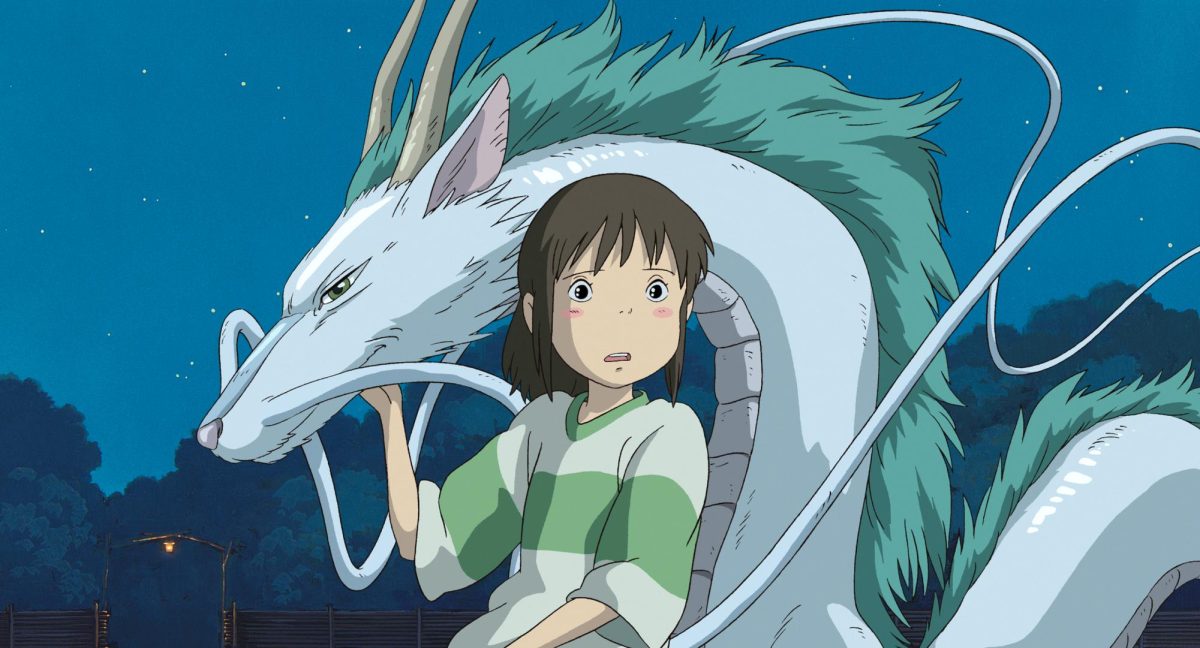“Definitely, Maybe”Universal PicturesWritten and directed by Adam Brooks
Starring Ryan Reynolds, Abigail Breslin, Isla Fisher, Rachel Weisz and Elizabeth Banks
Rated PG-13/105 minutes3 stars
The chick-flick is a tired genre. It has a much narrower scope than action, comedy or drama. You lean too far to one side, and you’re not a romantic comedy — you’re a comedy. You lean too far to the other side, and you’re a drama. In fact, it’s a wonder that people still attempt to make good romantic comedies and it’s not surprising they don’t often succeed. Not a problem for me — I love dramas and I love comedies. But once in a while, a girl gets the itch for that special kind of movie, the one where she can laugh, cry and suspend her disbelief in fairytale love. All I ask is that the skeleton doesn’t show too starkly — you know, the boy-meets-girl, they have witty dialogue and a roller-coaster of hate and love, things go wrong, people misunderstand each other, and then they run into each others’ arms at the end. The chick-flick formula skeleton. A good rom-com will have enough flesh on it that the skeleton only shows a little bit. I like ’em chubby.
“Definitely, Maybe” accomplished this narrow goal and, perhaps, a bit more. Over the skeleton (which, yes, was showing in places more starkly than preferred) it draped some muscle: The reality of dating, the truth that one person doesn’t just show up, and that’s your happy ending — the fact that we will love probably many people in our lives but that doesn’t mean they are right for us. The talented actors and sometimes too cute, but mostly natural, dialogue lent a rosy tone to the skin of the movie, but the premise (much like my extended metaphor) was stretched thin in places and somewhat of an odd choice.
The movie begins with a forgettable inner monologue from the main character, Will (Ryan Reynolds), who is facing a divorce and reflecting on love and the relationships he has experienced. He walks through the streets (establishing that we’re in New York), gives money to some wack-job with a sign (establishing that he’s a good guy) and then picks up his daughter at her school, where parents and children are involved in some kind of revolutionary upheaval resulting from an apparently explicit sex-education class for which they were obviously too young and unprepared (do I sense an agenda?).
Will’s daughter, 11-year-old Maya (Abigail Breslin from “Little Miss Sunshine”) walks solemnly through the chaos and informs her father that he has some explaining to do. After some initial tossing around of the words “penis,” “vagina” and “thrust” (her teacher used these terms in conjunction, to her father’s nonplussed surprise), she begins to take interest in her father’s love life, wondering how often he has “rehearsed” (Will’s euphemism for non-procreational sex) and, by extension, who else he has loved besides her mother.
This plot choice (awkward, inexplicable and even a little disturbing at first) gave me something to chew on throughout the movie. Why tell the story in this way? Why bring a child into the picture? I have some theories, but the fact that none of these reasons seem obvious is a good thing — the narrative choice might be muscle, it might be fat, but at least it hides the skeleton of “Definitely, Maybe.”
Telling the story from a child’s point of view cues the modern-day, disillusioned woman to relax and enjoy the fairytale. It gives a unique perspective on how simple, but also how complicated relationships tend to be, and offers up a moral that might comfort children and adults alike: Divorce is not the end.
All in all, I didn’t feel cynical while watching “Definitely, Maybe” (even during cheesy scenes I was invested enough in the fallible, true-to-life characters not to let the obviousness ruin the film). “Definitely, Maybe” isn’t a modern-day classic. It’s not the best thing since “You’ve Got Mail,” but it satisfies the chick-flick thirst and then some. Unlike its three lovely leading ladies, “Definitely, Maybe” has a little sumthin’ to hold on to.











